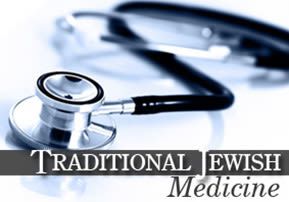
Traditional Jewish Medicine
When sick, how should a person respond? Should he go to a doctor and treat physical symptoms? What really constitutes a healer in Judaism? TJM gives the answer…

Introduction
The human is the crown of creation, a being with such a distinctive consciousness and nature, that he is classified as a unique creation, “medaber” (speaker) by the great medieval scholar and doctor, Rabbi Moshe Maimonides, the Rambam. As such we have the unique opportunity to remove ourselves from living our lives on automatic pilot, leaving a state of unconsciousness, and recognizing that what we do, makes a difference. As Jews, our responsibility is all the greater, as we have the additional imperative to know Hashem (G-d), and to acquire that attainment through our actions, as the verse says in Proverbs 3:6, “In all your ways know Him, and He will straighten your paths”. Indeed! Easier said than done. Yet despite this apparent “mission impossible”, the Torah reassures us that it is absolutely achievable. The Holy Baal Shem Tov tells us that Hashem actively relates to us with the same measure that we involve Him in our lives. Furthermore, the Talmud tells us that “One who seeks to purify himself is helped (from above),” that if one puts forth the effort, Hashem will help them succeed! This idea is the foundation and essence of Traditional Jewish Medicine.
The Torah recognizes that people can be hedonistic, frivolous, selfish, and thoughtless. How fortunate we are when we are able to have the knowledge and awareness that we are Hashem’s children, and just as a child seeks to please the father who he loves, so we should long to get closer to Hashem, our Father, and to feel the wonderful radiant sweetness of his presence. Such a person of a highly refined sensitivity and connectivity has the “daat” (knowledge) that his actions really do matter. But when faced with pain, suffering or illness, how then does he respond? Is his immediate response to go to a doctor, take chemical medicine, and treat physical symptoms? Or, does he rely exclusively on Hashem and His Torah? Jewish law clearly permits medical intervention if the patient so chooses. Yet, The Ramban tells us that for someone who is able to connect with Hashem on a constant basis, doctors are not even necessary, for they, themselves are the doctors, the doctors of the soul! (see Rambam, hilchot de’ot 2:1). It is this dichotomy which is the essence of Traditional Jewish Medicine: our personal relationship with Hashem, and the necessity for us to connect to tzaddikim (the thoroughly righteous). Therefore, when we get sick, our first step should be to wake ourselves up, acknowledge our vulnerability to illness, and do everything within our power to re-balance our lives. This awareness should lead us to a second step in the healing process: connecting with a tzaddik. The Abarbanel explains that though Hashem, our loving Father, is an ever flowing source of blessing, if we, ourselves, are flawed, then we will be unable to hold the abundance with which we are blessed. To clarify this concept, The Biala Rebbe from Bnei Brak, ZT’L, compared the soul metaphorically to a paper cup with a hole on the bottom, unable to hold any liquid no matter how much is poured in. The tzaddik is able to perceive where our holes are, and what “spiritual medicines ” are needed to heal us and help us become whole. By following the guidance of the tzaddik, we in turn connect ourselves to Hashem, and by consciously involving Hashem in our healing process we transform ourselves.
Therefore, rather than a distinct medical system, Traditional Jewish Medicine is a collection of principles adduced from the Oral and written Torah which provide us with guidelines to promote our health, balance and wholeness, making us vessels of blessing.
The Eight Principles of TJM
1. Health enables us to Know Hashem. As mentioned above, the verse in Mishlei teaches us to integrate Hashem into our lives. This means that whatever we are involved in doing, be it conducting business, eating, sleeping or any other permissible task or pleasure, those activities should be done in order to give us the means, the strength and the vitality to serve Hashem. As the Rambam says in Hilchot Deot (3:3), “…It is impossible to understand and acquire wisdom if one is hungry, sick or suffers pain.” Therefore, the practitioner needs to guide his patient to healing activities that will help him feel good, such as going to sleep before midnight, eating foods that are not harmful such as overly spicy, processed foods, refined sugar and white flour or moist and cold foods such as dairy, eating small frequent meals, getting adequate exercise and going for walks in beautiful natural places.
2. “Turn away from evil and do good“. This verse from Psalms 34:15, tells us that as practitioners as well as patients, we need to analyze whether the way we are conducting our lives is making us sick, and that before we initiate any new changes, we need to first stop our old destructive patterns.
3. Healing must take place on four levels. We need to assess our health on all 4 levels: mentally, physically, emotionally and spiritually, and if on one level we are sick or out of balance, we need to bring it back to a balanced state. We also need to realize, that should we attempt to heal ourselves on just one level, but another level is also out of balance, then healing will not be sustained. Furthermore, on the physical level, we need to assess our health biochemically (nutritionally) , bio-mechanically (structurally) and bio-energetically (the harmony and interrelatedness of the viscera) in order to determine if we truly are in balance.
4. Hitbatlut. As practitioners, there can be no room for ego. Rather, we must not have any agenda, we must view each patient as a unique world requiring our total attention, and we must remain neutral, without any preconceptions. It is the degree of that selflessness that enables us to recognize that we are mere agents of Hashem, the Healer of all flesh, and .determines the success that we have as agents of healing.
5. Hitkashrut. Our goal as practitioners should be to connect ourselves to Hashem, to be in touch with ourselves, and to listen to our patients, both what they verbalize, as well as what we pick up proprioceptorially by palpating and listening with our fingers. This, of course is contingent upon “Hisbatlut”. For if one expects his examination or treatment to confirm what he assumes he will find, then his objectivity and skill as a practitioner will be compromised.
6. Shvil HaZahav. Our goal in treatment should be to bring balance to our patients and to ourselves. If we see that a patient is in a state of repletion, we need to sedate or reduce the excess, if he is in a state of deficiency or vacuity, we need to supplement in order to fill the void. If he is exposed to a pathogen, be it physical or on any other level, we need to know how to expel it, and if he is blocked, or there is any restriction, we need to know how to open it up.
7. Shabbat. This is the secret to wholeness. The gemara in Shabbat (12b) says, “If one refrains from expressing pain on Shabbat, then healing will quickly come.” This statement expresses the awesome spiritual healing potential contained within the Sabbath–that complete immersion in Shabbat will bring healing! Our society is predisposed to imbalance and dysfunction. Though technology has been integrated into our lives enabling us to accomplish what we need to do much faster, rather than allowing ourselves the healing luxury of resting in order to function more efficiently, instead we multi-task, squeezing yet more into our days, and literally become slaves to the technology which should be serving us. Shabbat frees us from the multitasking, compartmentalization and addictions which serve as anesthetics to ease the pain to which we are bound. When we actively prepare ourselves before Shabbat as if we are going to greet a queen, and divorce ourselves on Shabbat from the bondage of technology as well as all of our other weekday occupations, we dramatically lighten the load that we carry, and we heal ourselves.
8. Hashem always creates the remedy before He creates the Illness. While the physician is developing a rapport and a connection with his patient, it is essential that he emphasize this idea. The Mishna in Kiddushin (82a) tells us, “The best doctors go to Gehinom (hell)”. The Imrei Daat tells us, that this can also mean that the the best doctors dare to go into their patient’s gehinom, in order to bring them out! The patient needs to feel that his doctor cares enough to also feel his pain. Illness can bring unbearable suffering, and in its wake, depression, despondency, and ultimately “yeush” (giving up). We must not let that happen – and this principle is a powerful affirmation that the One who renews life every day is also constantly behind the scenes generating healing.
Summary
These eight principles enable us to become more connected to Hashem and more aware of His presence on a day to day basis. They can also guide us in choosing how to address illness when G-d forbid it hits a loved one, Chas V’Shalom. By applying them practically to our lives and our practices, we empower our patients, and they remain people and not illnesses. Furthermore, when the patient is faced with the transition of going from how he lived before illness struck, to his new existence, there doesn’t have to be trauma and “yeush” (losing hope), for he will feel a greater connectivity to his body as well as to his doctor and Hashem, he will take a more active role in medical decision making, and he will proactively engage in healing activities to balance the way he lives and acts.
***
Yehuda Frischman is licensed to practice Acupuncture and Oriental medicine by the California state Acupuncture Board. He is a graduate of Dongguk Royal University (2004) with a Master of Science degree in Oriental Medicine. His website is www.traditionaljewishmedicine.net.


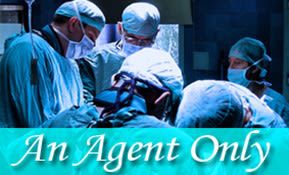



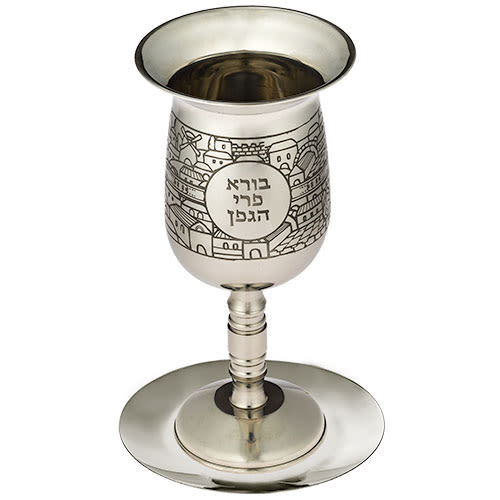
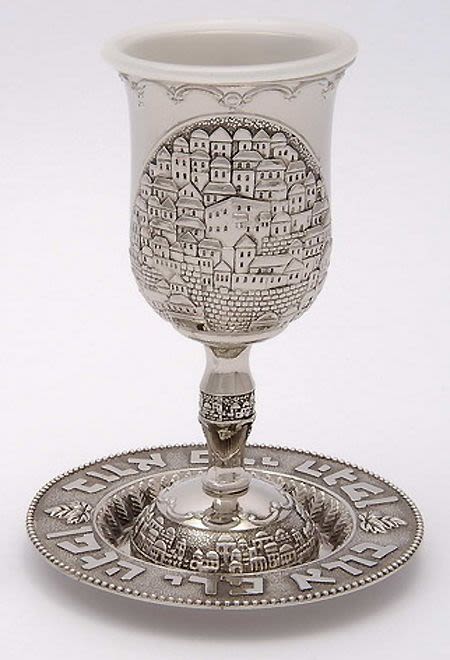

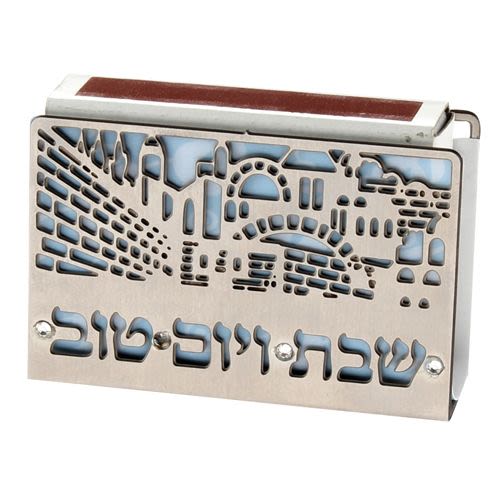
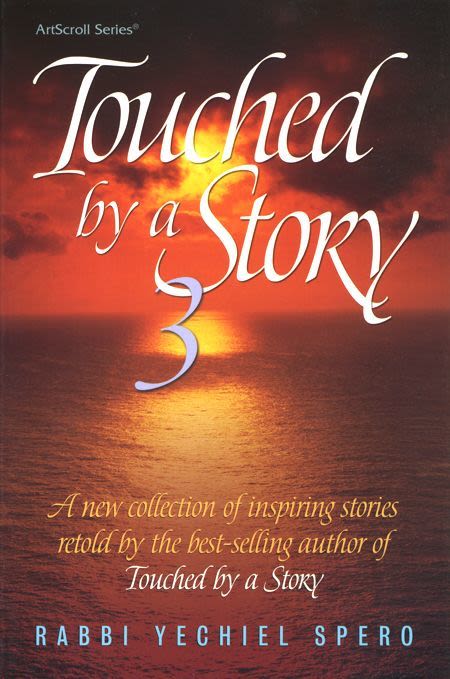
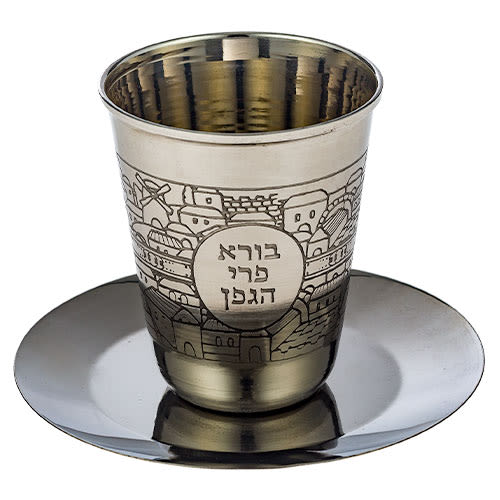
4/12/2009
More on Traditional Jewish Medicine Dear Friends,
For those of you interested in reading more, I would encourage you to subscribe (Free) to my blog:www.traditionaljewishmedicine.blogspot.com.
Wishing you all a happy Pesach!
4/12/2009
Dear Friends,
For those of you interested in reading more, I would encourage you to subscribe (Free) to my blog:www.traditionaljewishmedicine.blogspot.com.
Wishing you all a happy Pesach!
3/23/2009
Great Article! I look forward to more articles on this subject!